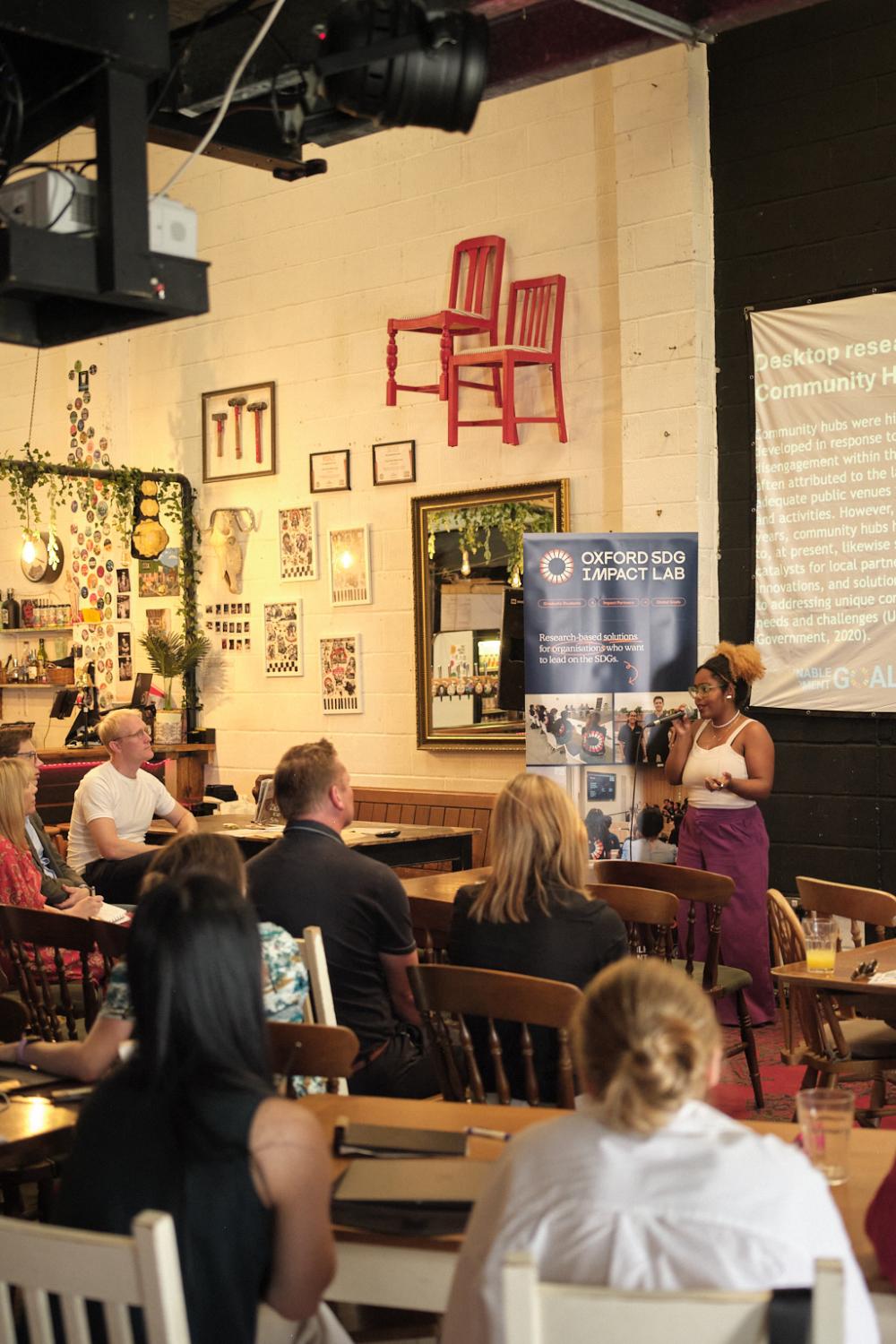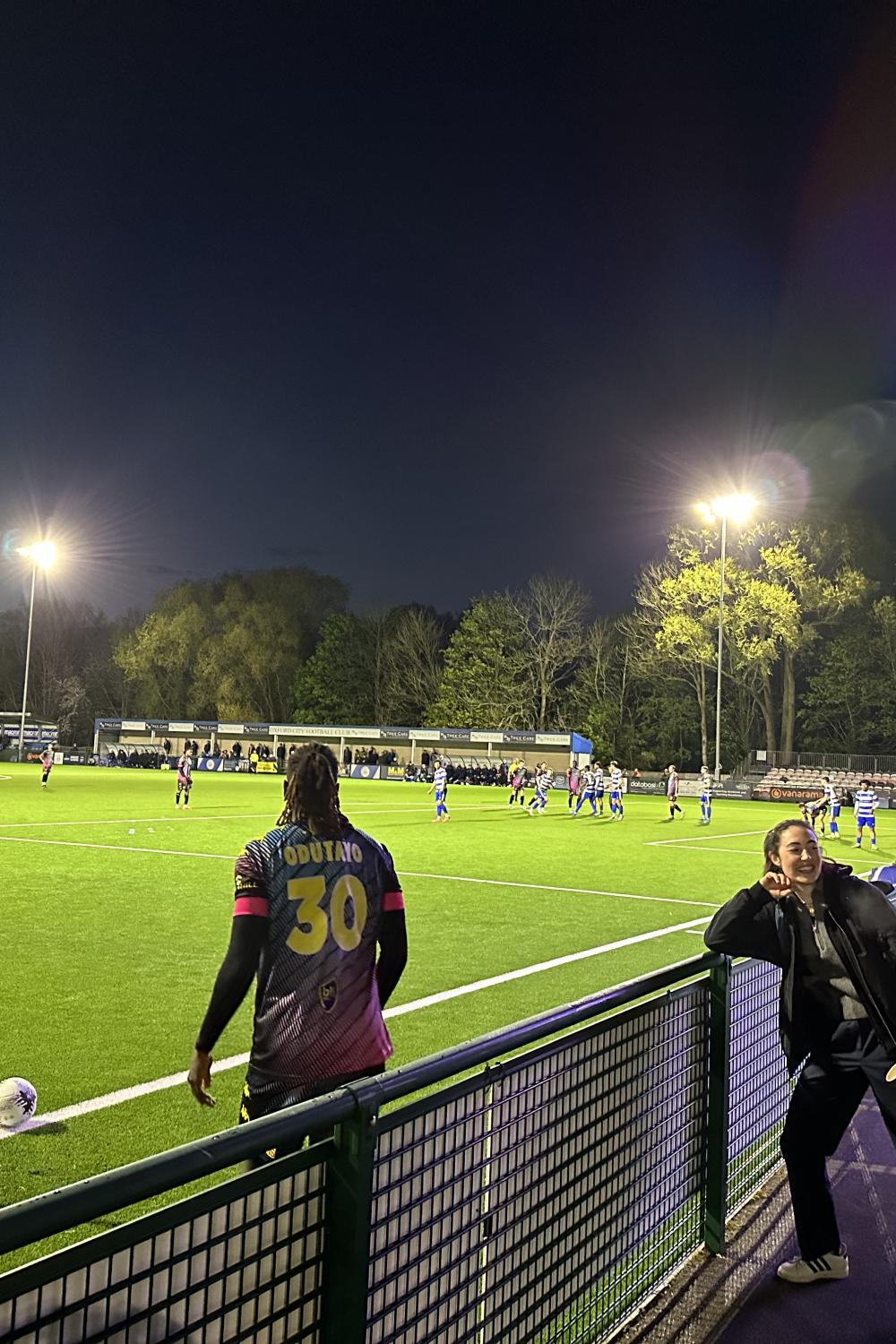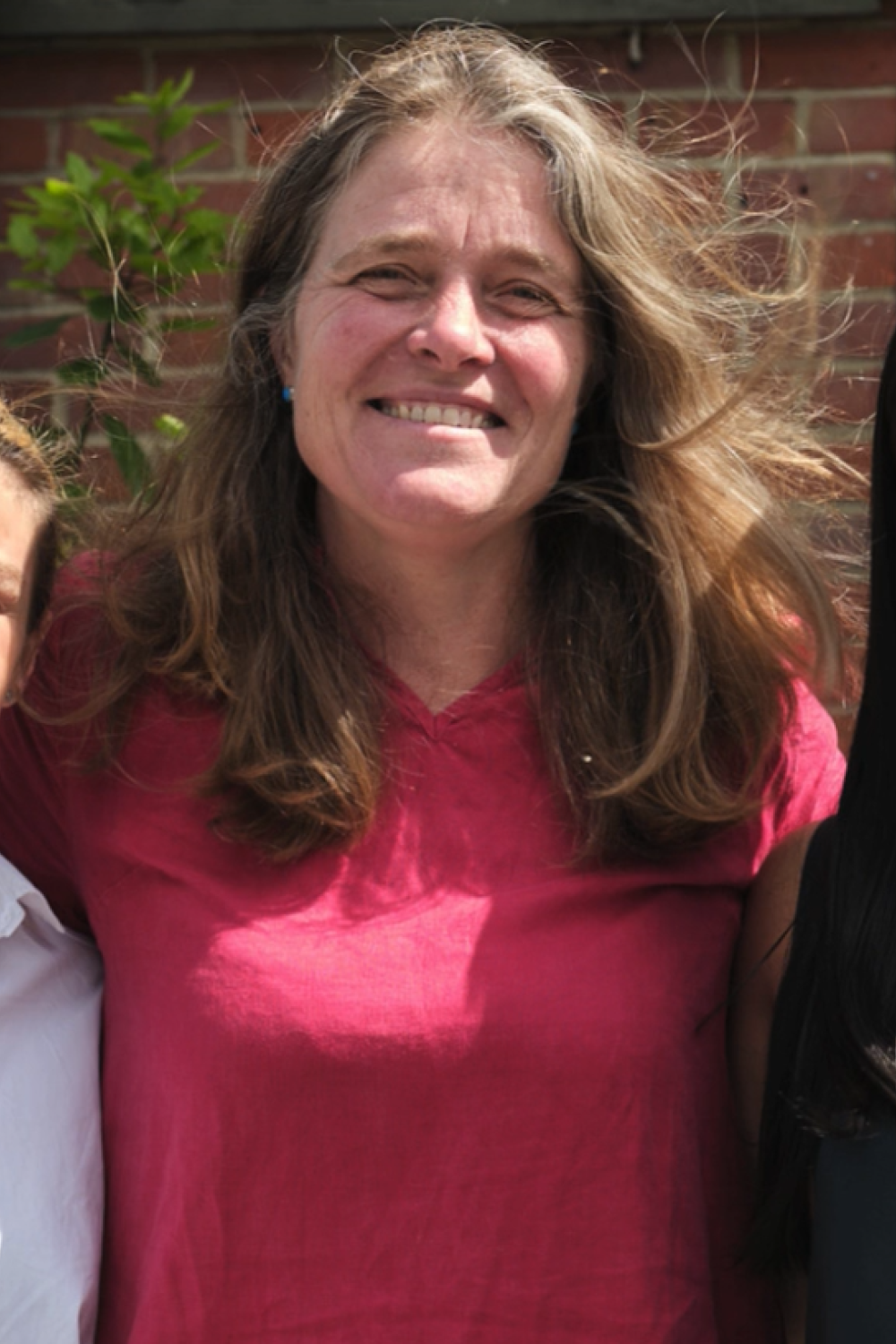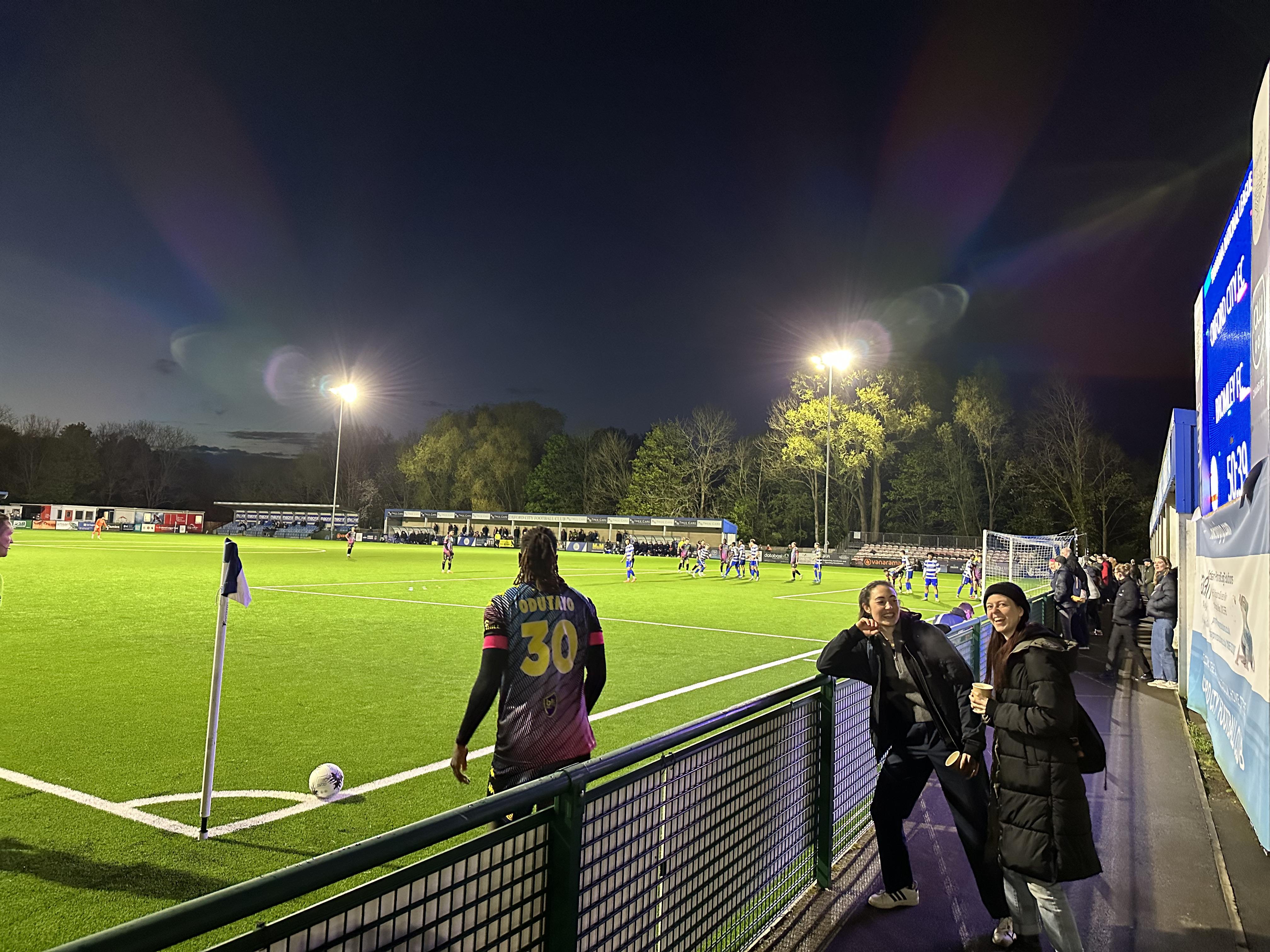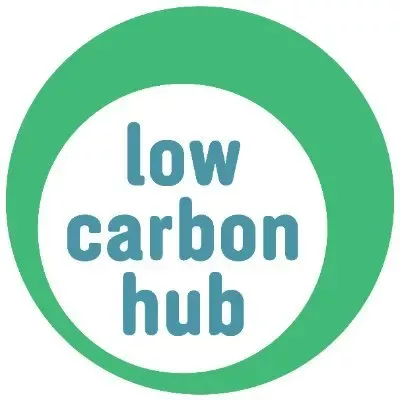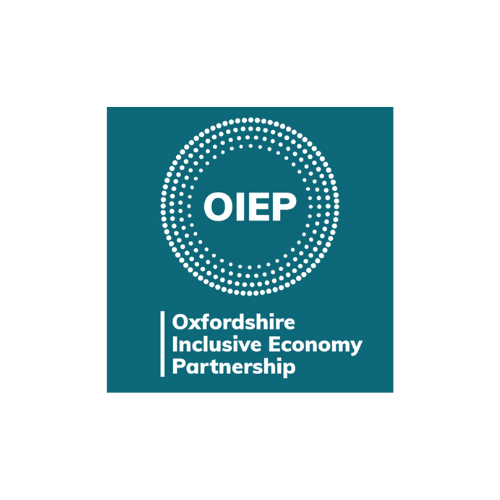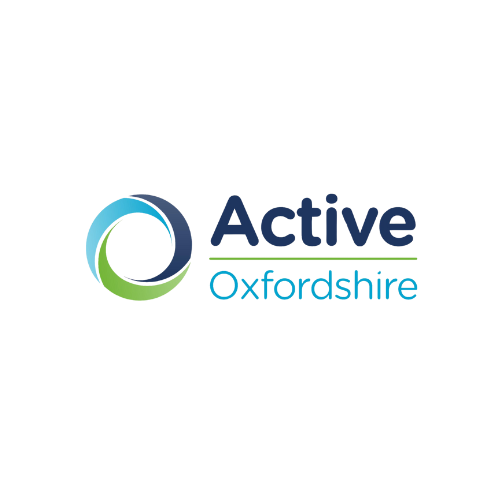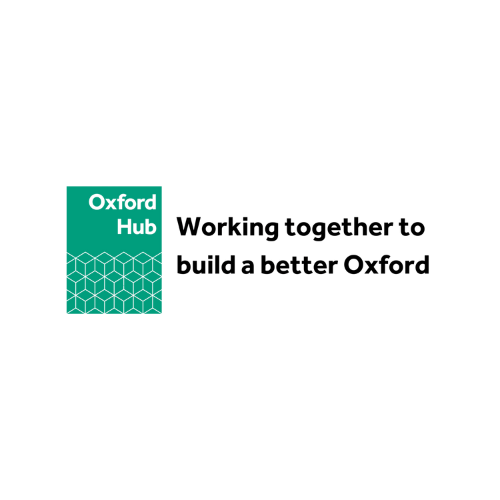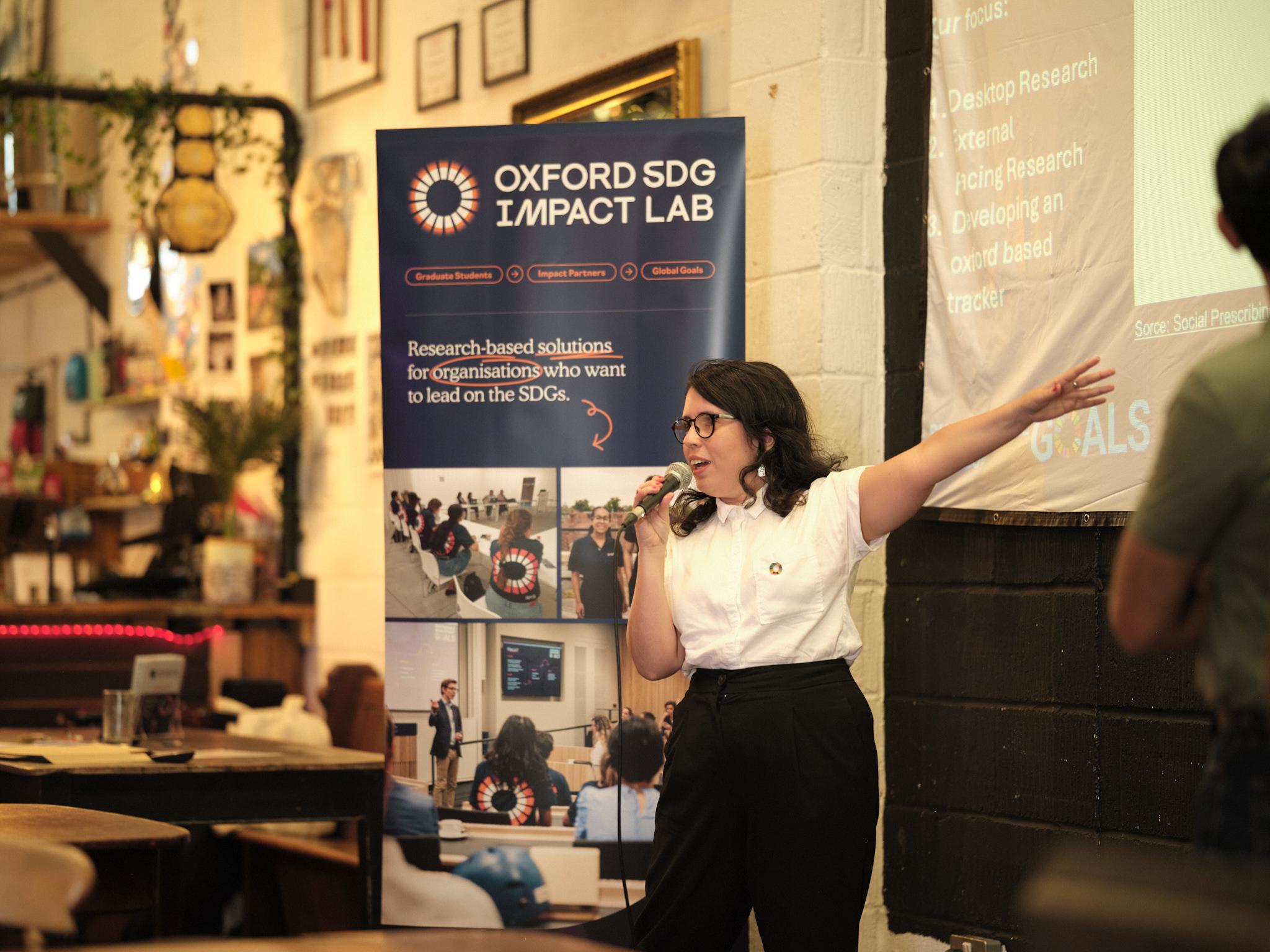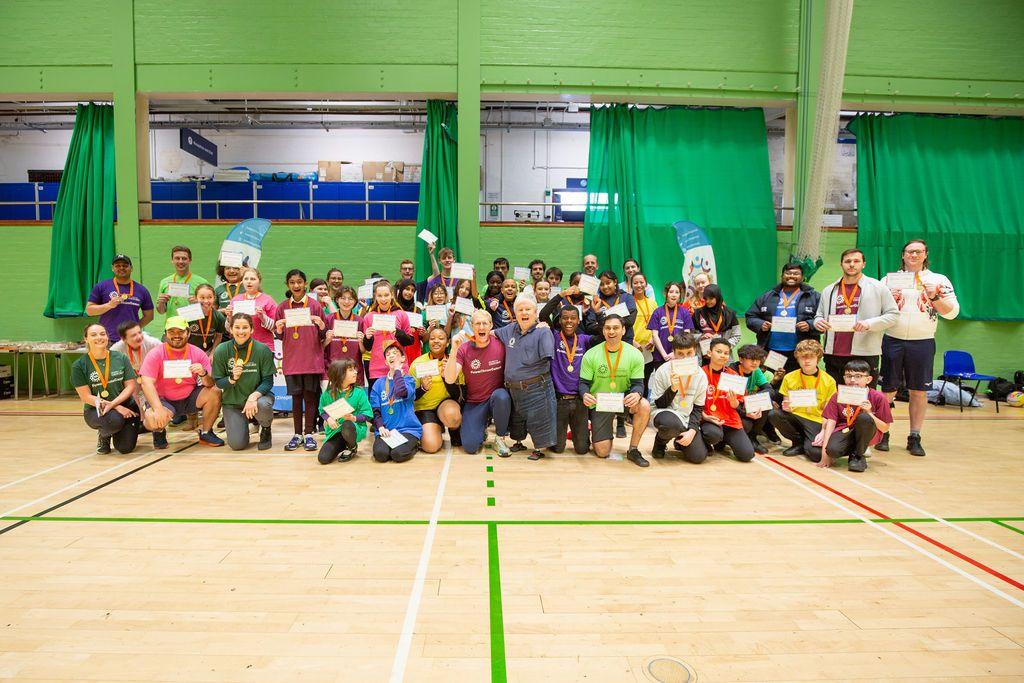What we do
The Community Impact Lab's aim is to develop a closer working partnership between the University and the community to address issues of inequality across Oxfordshire.
Why we do it
We believe that developing stronger partnerships within communities is not only a Sustainable Development Goal (SDG17) in its own right but is fundamental to making actionable progress towards the rest of the SDGs. We see an important opportunity to partner the world-class graduate research talent at the University of Oxford with some of the many inspiring local businesses, charities and organisations working to make Oxfordshire a fairer and more inclusive place to live and work.
Enabling these partnerships allows students to gain valuable interdisciplinary skills while working on projects that make a real-world impact. It also provides community organisations with access to the talent and expertise of a group of highly motivated, passionate young researchers.
Community Impact Lab 2024
The Community Impact Lab was established in 2024. In its first year, it partnered twelve graduate students from across the University with five community-based organisations on impact research projects spanning decarbonisation, health inequalities, community hub building, and social prescribing.
You can read more details about these projects in the 2024 Case Studies section below.
Community Impact Lab 2025
Registration for Expression of interest in the Community Impact Lab 2025 has closed. If you are an Oxfordshire-based charity, community organisation, social enterprise or business interested in being considered as a partner for 2026, or have any questions about the programme or application process, please get in touch with our programme manager Oliver Cook: oliver.cook@qeh.ox.ac.uk
"There are so many opportunities to take this research forward. It will help us understand more about how the University can tie into our wider efforts towards Net Zero"
This programme is generiously supported by the University of Oxford’s ESRC Impact Acceleration Account



